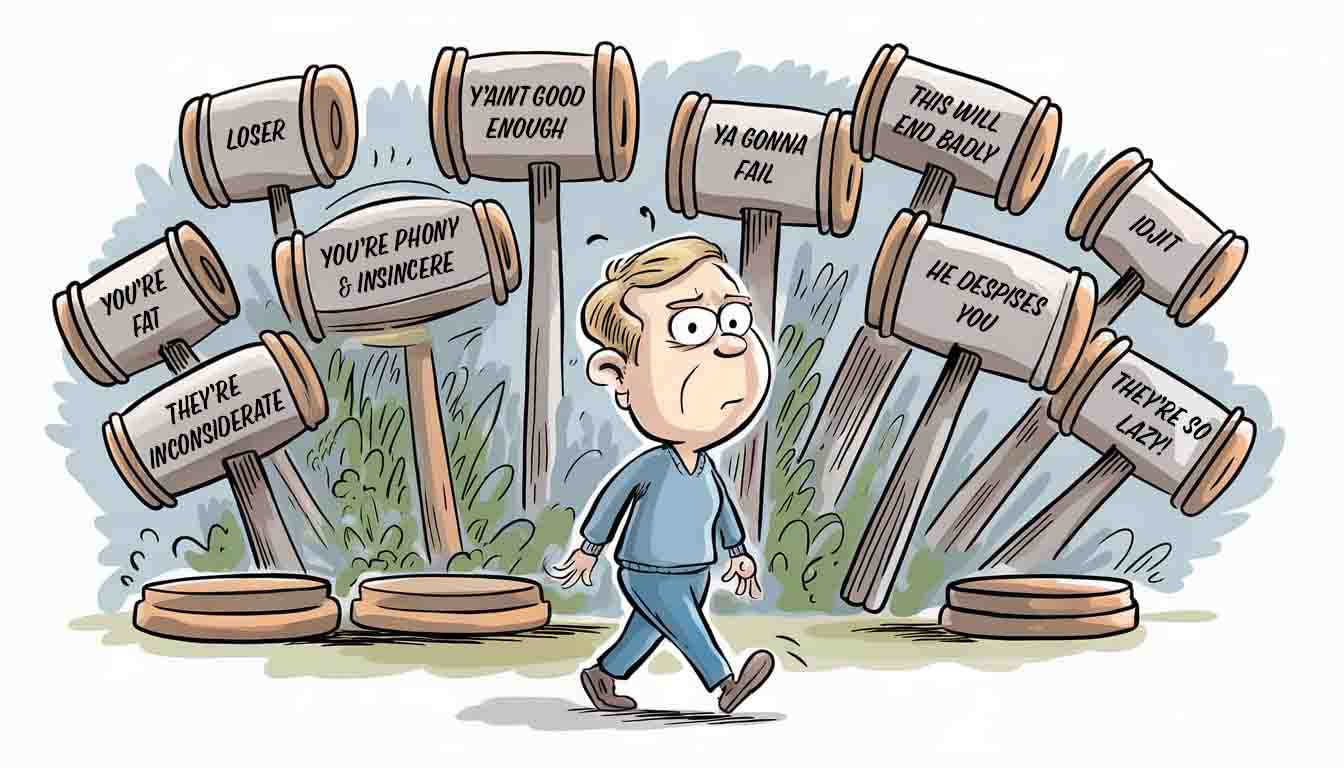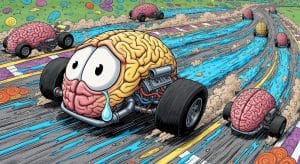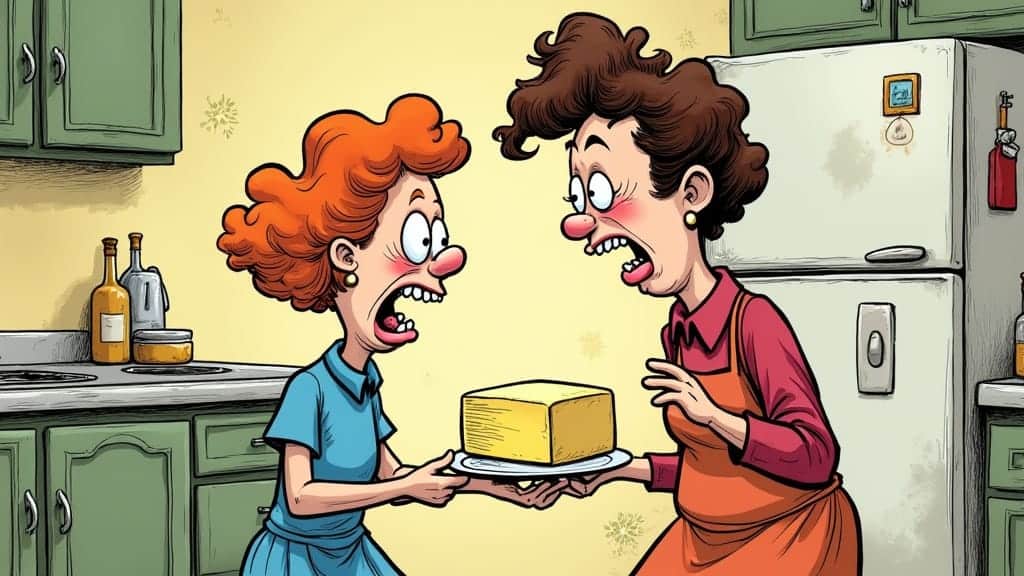This is intended to be the ninth article in a series I’m working on about trying different mindfulness and coping skills from the website DBT: Dialectical Behavior Therapy (https://dialecticalbehaviortherapy.com/). I’m doing these practices because my therapist thought they would be good for me—and honestly, I’ve been curious to see whether they actually make any difference in my everyday life.
When I decided to try the “Mindfulness of Negative Judgments” exercise from Dialectical Behavior Therapy (DBT), I honestly thought it was going to be easy. Negativity is usually so obvious—it’s magnetic, memorable, and our brains tend to prioritize it. I figured I’d have my worksheet boxes filled in no time.
But when I actually sat down to do it, I was surprised by how hard it was to spot the judgments themselves in the moment. I could feel the negativity—I knew I was in some kind of mood—but I couldn’t always recognize the judgments behind it. Sometimes I had to search my mind later to figure out what I’d been thinking.
One thing I noticed is that negative judgments aren’t always about big, dramatic events. A simple text message can trigger them. I was just sending a funny message to my estranged friend, and a few texts later she asked me to go on a trip. I said, “Maybe,” and immediately started thinking I was a naive fool who was going to get emotionally shredded into oblivion if I went.
I also started wondering: what if the negative judgment is actually true? The exercise didn’t really say what to do if that’s the case. Is it still a judgment if it’s just an accurate observation? I wasn’t sure where that line was supposed to be.
At first, I could only think of negative judgments about myself. I’d like to believe that I don’t judge others much, but honestly, I don’t know. I’d be fascinated to find out. If I’m missing a bunch of negative thoughts that are quietly influencing my life, I’d like to know so I can do something about it.
I think it was easier for me to come up with self-judgments because we all know ourselves better than we know anybody else. It’s a proximity issue. We have the most material on ourselves, so we have the most ammunition for criticism.
My judgments of others, when I recognize them, make me feel like a coward (when the judgments aren’t true). I feel like, “Who the f-ck was that bitch that was thinking those things? If she was so sure, why didn’t she say anything?” If I did say something, then I feel total humiliation. I completely abhor feeling cowardice or humiliation, which is why I wonder if I really make a lot of these judgments. I’m not claiming to be an altruistic saint. This could be a totally selfish thing. I don’t know.
Compared to other DBT mindfulness skills I’ve tried, this one was surprisingly harder. But it was also useful. In the one moment when I actually recognized a negative judgment as it was happening, labeling it helped me stay calm. It wasn’t easy to convince myself that what I was thinking was unfair, but there was this nagging feeling that something was off, and eventually my mind accepted that it was a judgment.
I don’t have it all figured out—whether some judgments are just facts or whether I’m more judgmental than I realize. But even noticing them, instead of letting them run in the background, felt like a step forward.








